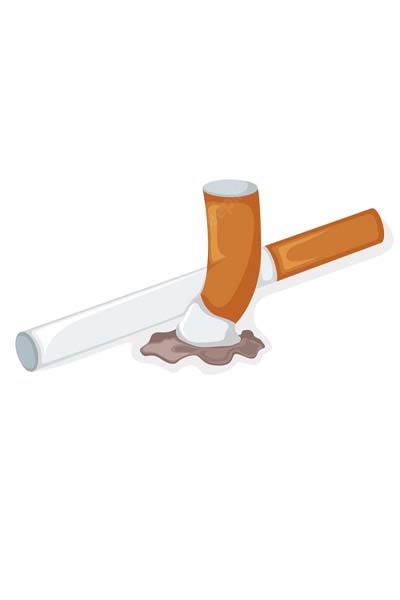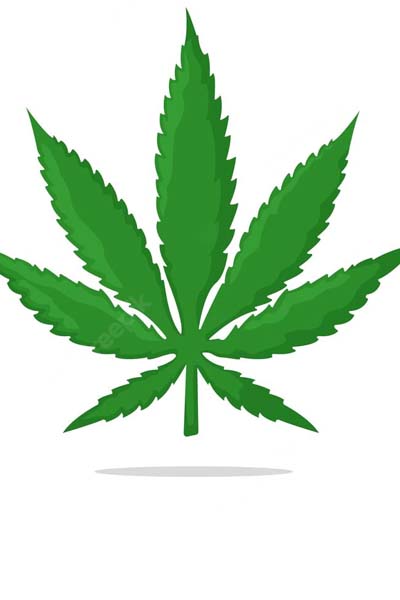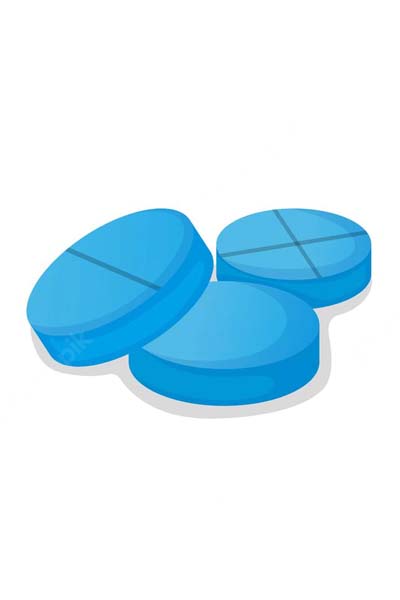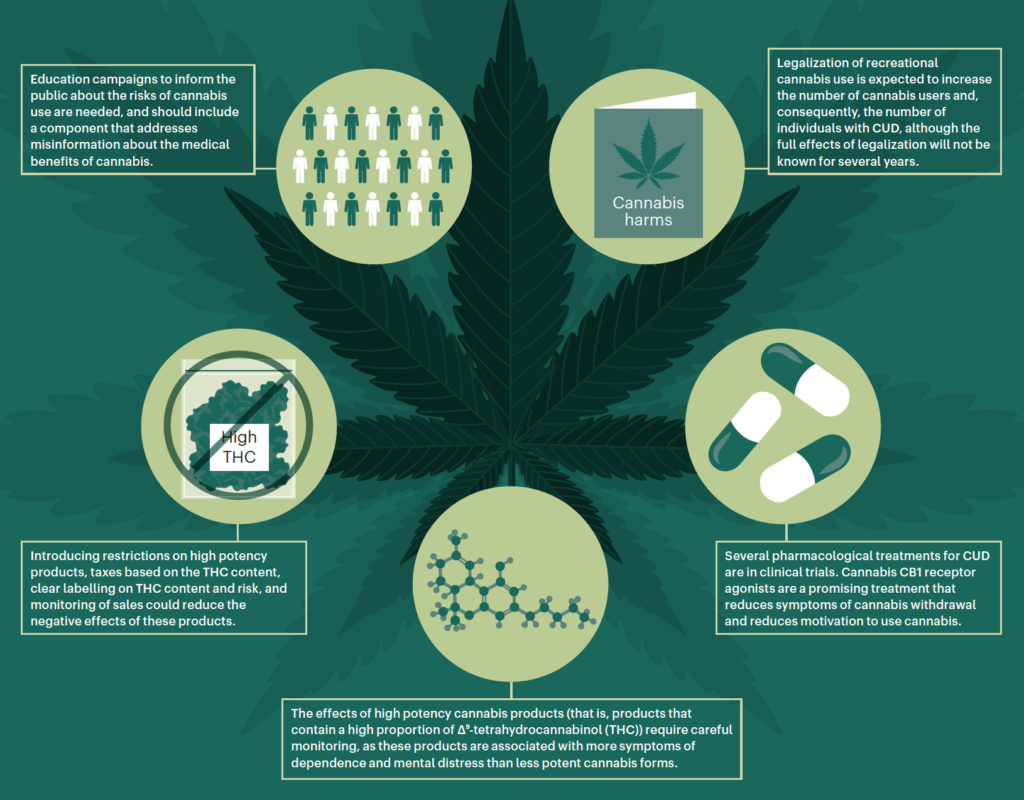Cannabis Use Disorder Symptoms
One of the key things to remember with cannabis use disorder is that it involves cannabis use that creates issues or problems for the user. With that in mind, at least two of the following official criteria or symptoms occurring within a 12-month period indicate cannabis use disorder:
- Using more marijuana than intended
- Trying but failing to quit using marijuana
- Spending a lot of time using marijuana
- Craving marijuana
- Using marijuana even though it causes problems at home, school, or work
- Continuing to use marijuana despite social or relationship problems.
- Giving up important activities with friends and family in favour of using marijuana.
- Using marijuana in high-risk situations, such as while driving a car.
- Continuing to use marijuana despite physical or psychological problems.
- Needing to use more marijuana to get the same high.
- Experiencing withdrawal symptoms when stopping marijuana use.
Cannabis Withdrawal Syndrome
Occurs following cessation of prolonged heavy cannabis use
Clinical Presentation: Irritability, anxiety, anger, depressed or labile mood, restlessness, insomnia, reduced appetite Mostly mild and self-limiting
Cannabis Intoxication
Temporal relation with cannabis intake
Clinical Presentation: Dry mouth, Redness of eyes, increased appetite, tachycardia, euphoria, anxiety, perceptual disturbances Mostly transient, mild and self-limiting
Treatments for Cannabis Use Disorder
According to NIDA, CUD is similar to other substance abuse disorders in that people with the disorder often suffer from other psychiatric disorders or substance abuse problems. For that reason, treating underlying mental health concerns may help treat the marijuana use disorder. Behavioral health treatments include:
- Cognitive-behavioral therapy, which teaches people strategies to identify and correct behaviors that lead to substance abuse
- Contingency management, which monitors target behaviors and rewards positive behavior changes
- Motivational enhancement therapy, which is designed to mobilize a person’s internal motivations for change
Although somewhat controversial, cannabis use has also been linked to increased risk for psychiatric disorders, including psychosis (schizophrenia), depression, anxiety, and substance use disorder.
Cannabis use and cannabis use disorders are common. They frequently co-occur with other substance use disorders and mental health conditions and should be assessed and treated concurrently.
For information contact the Umeed Wellness Centre for opioid use disorder and substance abuse treatment (CSAT) at +91 880 072 7020 | +91 997 190 8875 or umeed.in@gmail.com
Always remember that you are not alone in this battle. We are with you!





